With international travel very much on people’s minds at the moment, Forbes Magazine, Hungary edition recently ran a feature on one of the world’s most hallowed destinations – we’re talking about the fabled island of Bali, of course – And no Bali article would be complete without a mention of Karma. Whilst touting the island’s renowned foodie credentials, the writer made sure to mention our very own Chef Joseph Antonishek – the culinary mastermind who oversees all our award-winning offerings at Karma Kandara. An alumnus of the legendary Culinary Institute of America and winner of the James Beard ‘Best Hotel Chefs in America’ awards, Joseph is a highly imaginative culinary creative with sure-fire instincts for flavour, texture and all round deliciousness!
Watch out for his upcoming tasting-menu with curated wine pairings, launching at the end of January.
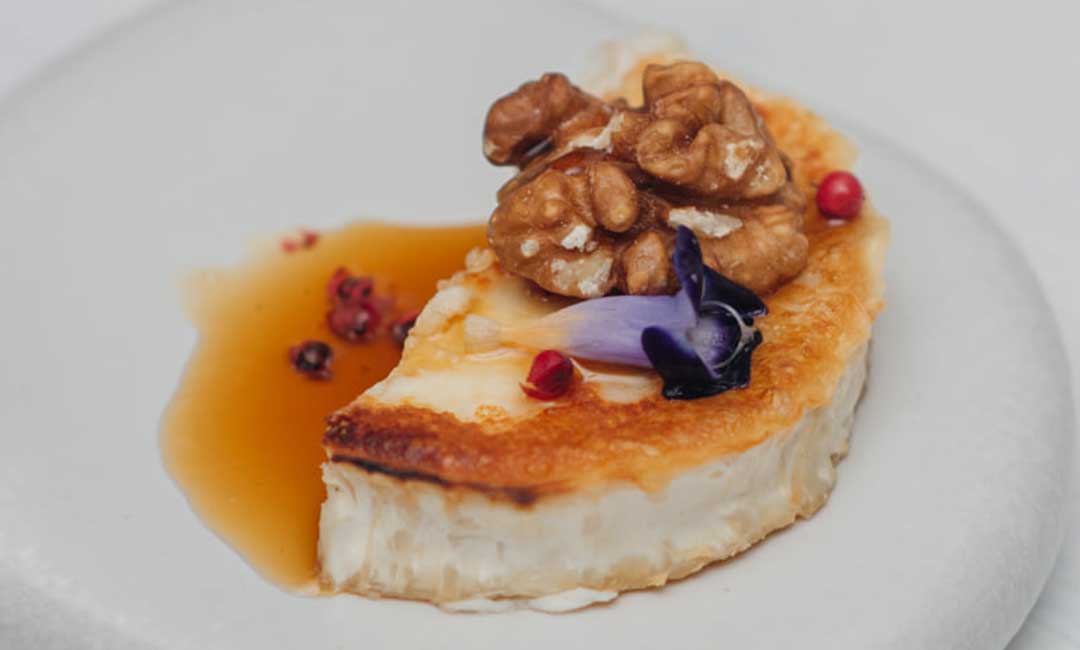
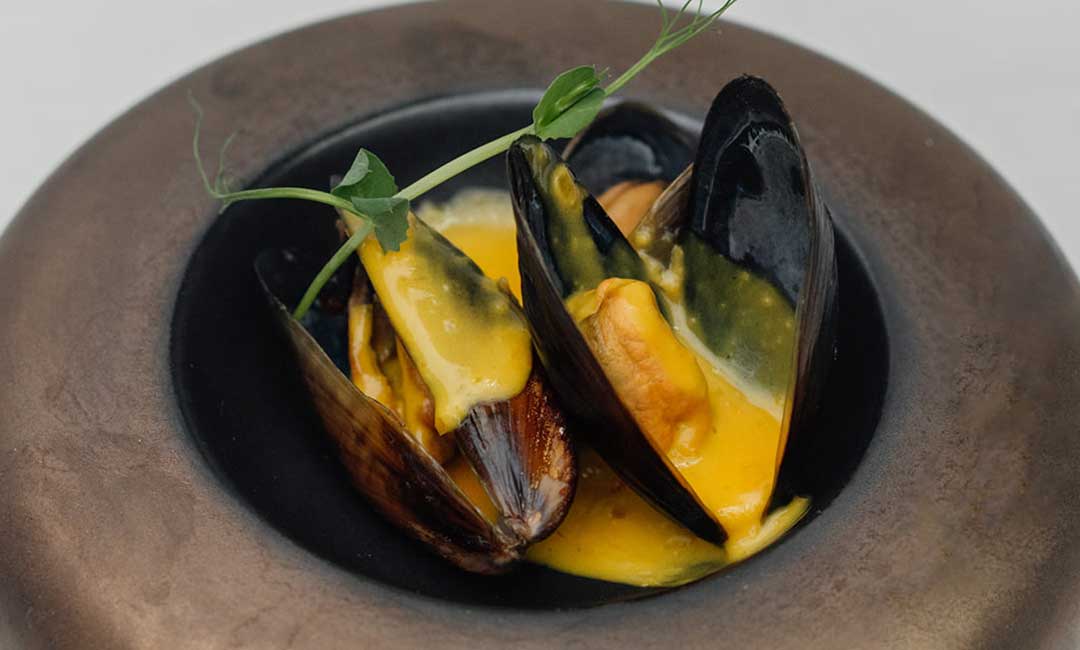
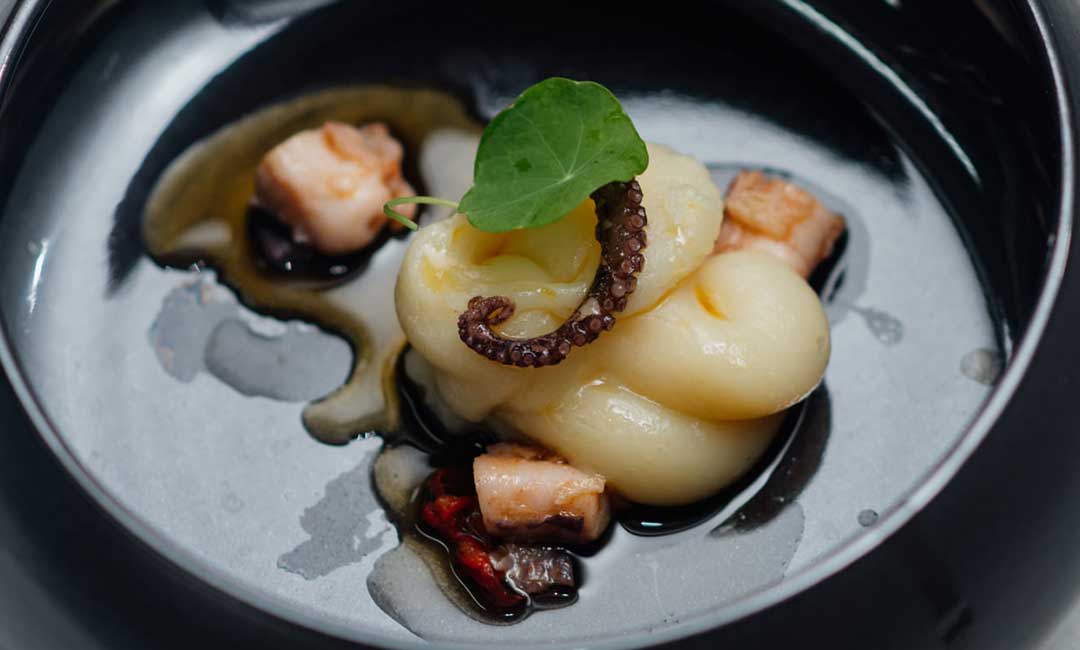
English Translation for the Article
Secrets of Slow Life
When international real estate agencies and travel agencies conduct a survey among their Western clients that if the pandemic ends, where they would travel or even settle down, Bali is always one of the three most common answers. It is no coincidence that the tiny Indonesian island was visited by six million foreign tourists a year before the covid. For the past year and a half, more and more people are moving here for months or even years in the hope of a more balanced, slower and greener life. Now the Hindu island is gradually being reopened to tourism.
Last spring, the air corridors and beaches were emptied in one fell swoop, and only one domestic flight or cargo plane over the ocean roared every few hours for the next year and a half. Bali has frozen its tourist visa, and Indonesia has kept even the most determined travelers away with mandatory hotel quarantine for eight days. The almost empty Four Seasons in Jimbaran offer a fabulous serenity again, with no need to book a table a month in advance for a Sunday Sunday brunch, as usual.
Bali, by the way, is the island of Sunday brunches, with St. Regis, the Ritz-Carlton and Legian competing in quality, star chefs and price. Four Seasons ’beachfront restaurant, Sundara, this time is filled with expats, foreigners working here and some wealthy Balinese families instead of tourists, thanks to a completely unimaginable offer for a year and a half: if the table company spends a certain amount, they get a free night in a luxury villa .
At the time of the usual Balinese traffic jams, our sister hotel, the Four Seasons Sayan in Ubud, which is up to two to three hours ’drive away, can now be reached in fifty minutes. Here, discounted prices have been introduced for Indonesians, they get the opportunity and fly right away, mostly from the island of Java, to finally discover for themselves the face of Bali that so far only Western tourists could afford.
Instead of regulars from the US, Europe and Australia, a larger Indonesian family is staying at this breathtaking hotel this year. The hostel is built over the Ayung River and the adjacent rice fields, in the most upscale and expensive part of Ubud, the Sayan Ridge. A few years ago, Barack Obama also set off from here for white water rafting with his daughters and, of course, armed secret agents in the next boat.
While we were there, the founder of Google showed up at the hotel one day because he was also considering moving to Bali for a longer period of time. Not alone: Yahoo’s CEO, for example, has now built a fork on the Sayan ridge for himself. It’s like we’re in miniature Manhattan, only the location is not an ever-roaring metropolis with skyscrapers, but a tropical island with bamboo forks and palm trees. Accordingly, the rhythm is a thousand times more human.
The pinnacle of hospitality
Perhaps it is also thanks to this new, longer-term planning clientele that local hotels at Four Seasons have all retained and vaccinated permanent staff and refused to close the store. Thousands of smaller hotels, restaurants and shops, on the other hand, were forced to let their staff breeze. Throughout Indonesia, Bali suffered the most from the crisis caused by the coronavirus.
In a nearby rental house, Villa Melati, for example, although employees were retained, since no guest had checked into the two-bedroom villa with a lavish panoramic view for more than a year, they were paid half the salary. The chef, the cleaner, the driver, the gardener and everything – usually this basic staff takes care of a Balinese villa so that the guest feels as if he has just woken up as a descendant of the local royal family.
In fact, this type of personalized hospitality goes far beyond what a corporate luxury hotel can do. What’s more, the average salary in Bali is around two hundred dollars a month, so a digital nomad from a Western tech company who can work from anywhere can afford a standard of living that they wouldn’t even dare dream of at home.
Reputable international schools, the region’s coolest restaurants are run by Italian, French and American star chefs such as Will Goldfarb (Room4Dessert), Maurizio Bombini (Mauri), Chris Salans (Mozaic) or Joseph Antonishek (Karma Kandara). But even a world-famous midwife, Robin Lim, attracts foreigners to Ubud as a magnet to give birth and settle here.
Until now, however, Bali has not become a colony of expats, as the island’s society has had an extremely strong religious tradition since the 16th century. They do not get rid of their ancestral land, at most they release it for the long term. Foreigners are mostly just guests here for a few years or decades.
According to the lunar calendar, the locals live their daily lives in their multi-generational homes, organizing their lives that are much slower – and perhaps many times more meaningful – than our daily prayers and weekly general ceremonies. All of this inevitably permeates some unusual serenity for modern travelers as well. And we haven’t talked about what Bali has to offer, even an hour’s drive from the cultural and spiritual heart of the island, Ubud.
Five-star breakwater
To the north we find the legendary rice fields, considered a World Heritage Site, to the west No guests have checked in at Villa Melati for more than a year and sleeping volcanoes await with breathtaking views and hiking trails, to the south stretch such dramatic rocky beaches that tourists happily fly across the world for them. Uluwatu is not only a dream for surfers, but also a hideaway for billionaires, such as the three-bedroom luxury villa in the Alila resort on a cliff above the sea for sale for one billion forints.
The villas built on the hillside are even bigger and even more expensive, but they have all been bought by someone, Indonesian politicians and businessmen. When they are not here, the houses are offered to hotel guests for one million forints a night. Of course, this is the tip of the iceberg, below the hillside, above the cliff, or sixty spacious suites are available for as little as a few hundred dollars. Alila is the best hotel in the area, with an average of 1,600 stars on Tripadvisor.
The unique architecture of the extravagant hotel shocks the guest as soon as they enter the lobby. The stars of Singapore’s architectural firm, WOHA, who have been talking about sustainable urban design for twenty-five years and are responsible for Singapore’s most original, greenest icons, have really been able to let go of their imagination here. A complete Star Wars episode could be filmed at the hotel, especially now that only one in ten rooms is a guest.
A new generation of Sith and Jedi could battle each other out in a brick-shaped cocktail bar that stretches over the sea.
Now only a businessman in a white lingerie in a bathing suit screams with his broker on the phone from the bar above the ocean. With his fistful of headphones, he gives a quite comical view of the resort from his pool, but we’re not listening, after all, a family of monkeys shows up on the pool shore and the show is stolen.
The monkeys of Uluwatu are famous far and wide for their cheekiness. In our fork, we forget to open the door to the garden in a careless moment, and by the time we turn back, a large male is feasting on our ergonomically composed fruit bowl sitting at the top of the table. Swinging with pillows, we try to have a better view, but we don’t have much of a chance, in the end we’d rather wait for everything to be eaten and leave in the direction of the pool with satisfaction.
The most beautiful monkey encounter takes place a few kilometers away, in the uluwatu resort of Bulgari. Our son is just crawling on a white-flowering frangipani tree with a purple cliff – he has a taste – while we drink our morning coffee peacefully on the four-poster sunbed. The waiter gently places a glass of freshly squeezed orange juice on one of the thick branches of the frangipani tree for the child, who eats half of it and then continues to climb the tree. When it reaches, the glass stays there on the tree and a snow-white monkey suddenly appears.
This is a huge number not only because in Hindu mythology and in the eyes of Balinese, the commander of the ape army, the white Hanuman, is on a par with about John Hunyadi, but because we have never seen an albino monkey, and especially not from a meter and a half, outdoors. The poor are completely alone, excluded by others because of their color, and spend their entire lives alone. But now is a good day, he sips the remaining orange juice, returns the glass, gives us a grateful look, and then moves on. Bulgari staff are also watching the unusual scene in amazement.
Not long after, we take shade from the southern heat. The rustic hotel, built twenty years ago, is reached by paths lined with stone walls. As you enter the restroom, the top of the motion-sensing toilet board rises, and the bottom at the touch of a button. Above the elegant porcelain faience, at eye level, is a 1975 Bulgari poster framed by a careless guest with three flower-shaped brooches with precious stones. We involuntarily laugh at the prose location of the installation, to which we could even give the title: Kitsch and Profan.
The hotel staff will do their best to make you feel at home in a slightly frigid hotel. For example, when they find out we are expecting our baby girl in a week or two, a “magnesium bowl” is prepared in the room, enclosing a letter about the magnesium content of the masterfully arranged delicacies: banana, avocado, peanut, cashew, almond and bitter chocolate.
A lift resembling a ski lift descends from the cliff to the beach. Halfway through, a mouth-watering lunch awaits us at the pop-up restaurant carved into the rock by fresh seafood. Coconut water is served to it, but not in any way: the coconut is decorated with flowers, the Bulgari logo is burned on the side.
We were basically a little afraid of the hotel’s new clientele, but the fact that only the owner’s family snacks at the table next door is a pleasant disappointment to experience the extremely comfortable and pampering hospitality of the Italian luxury brand, which was slowly established a century and a half ago. The biggest experience, of course, is the venue itself, the never-ending private stretch of beach, where we walk virtually alone under a robust cliff towering over the sand. Here everything and everyone slows down and we just stare at the endless ocean.

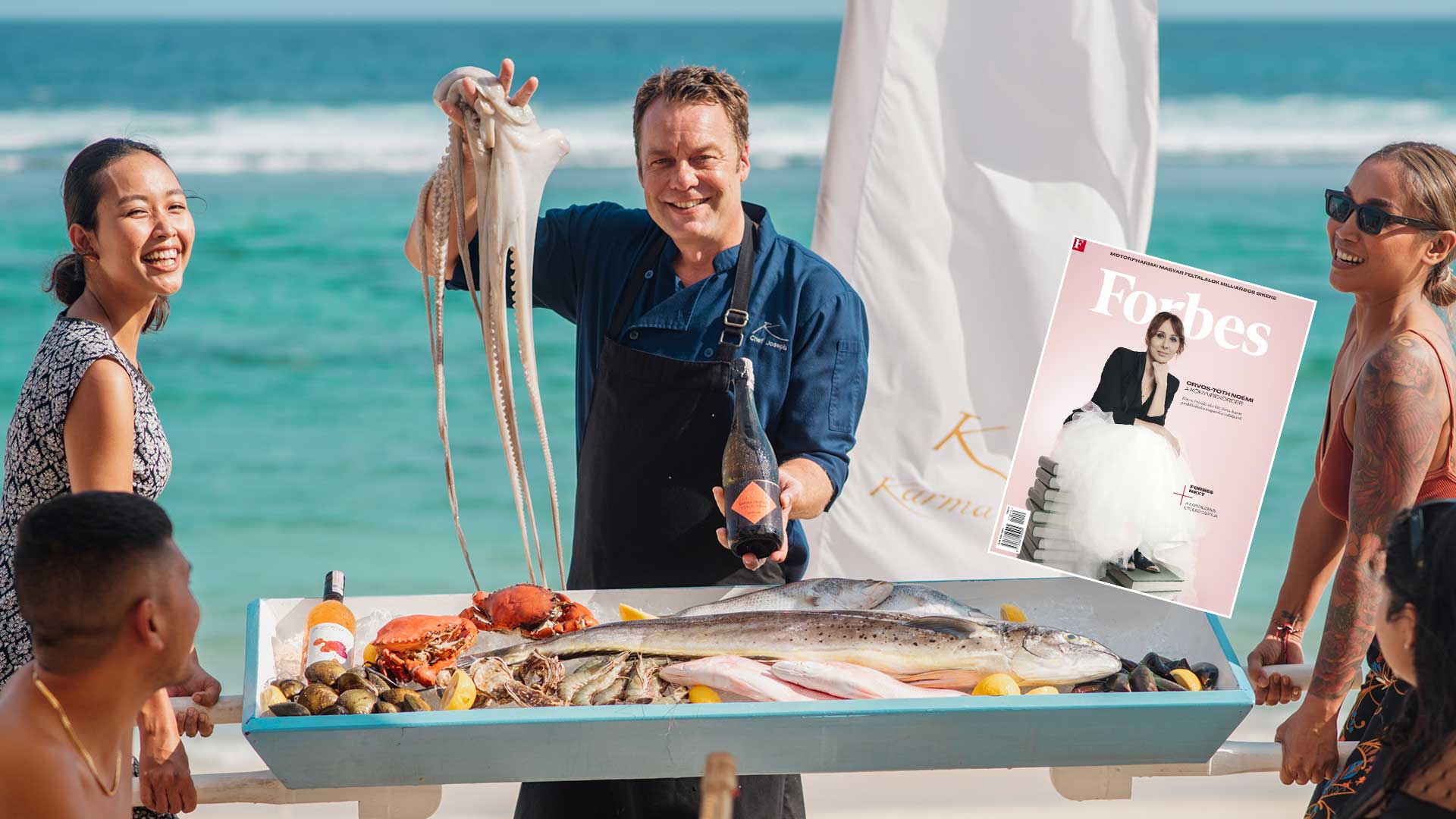
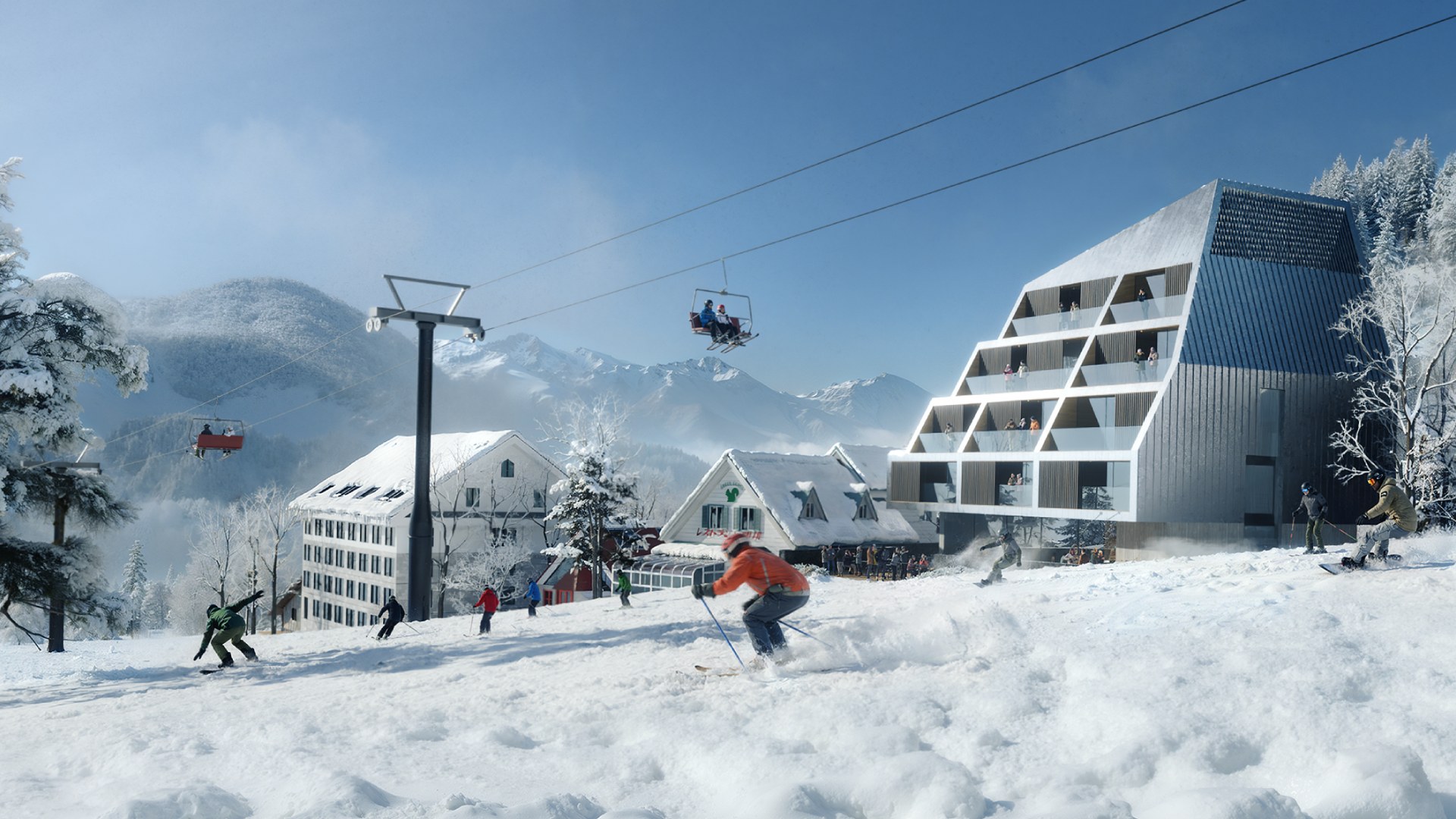


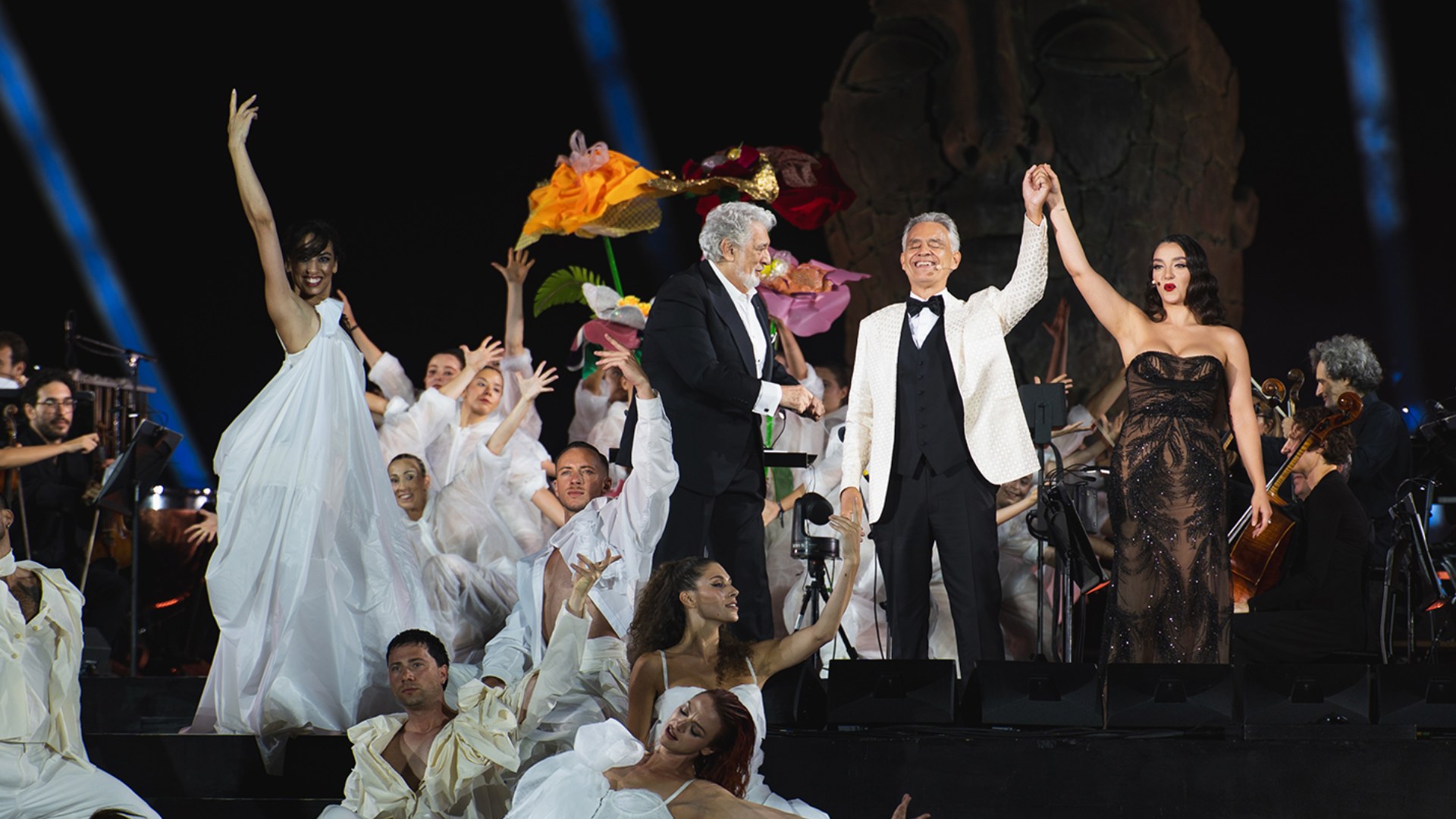

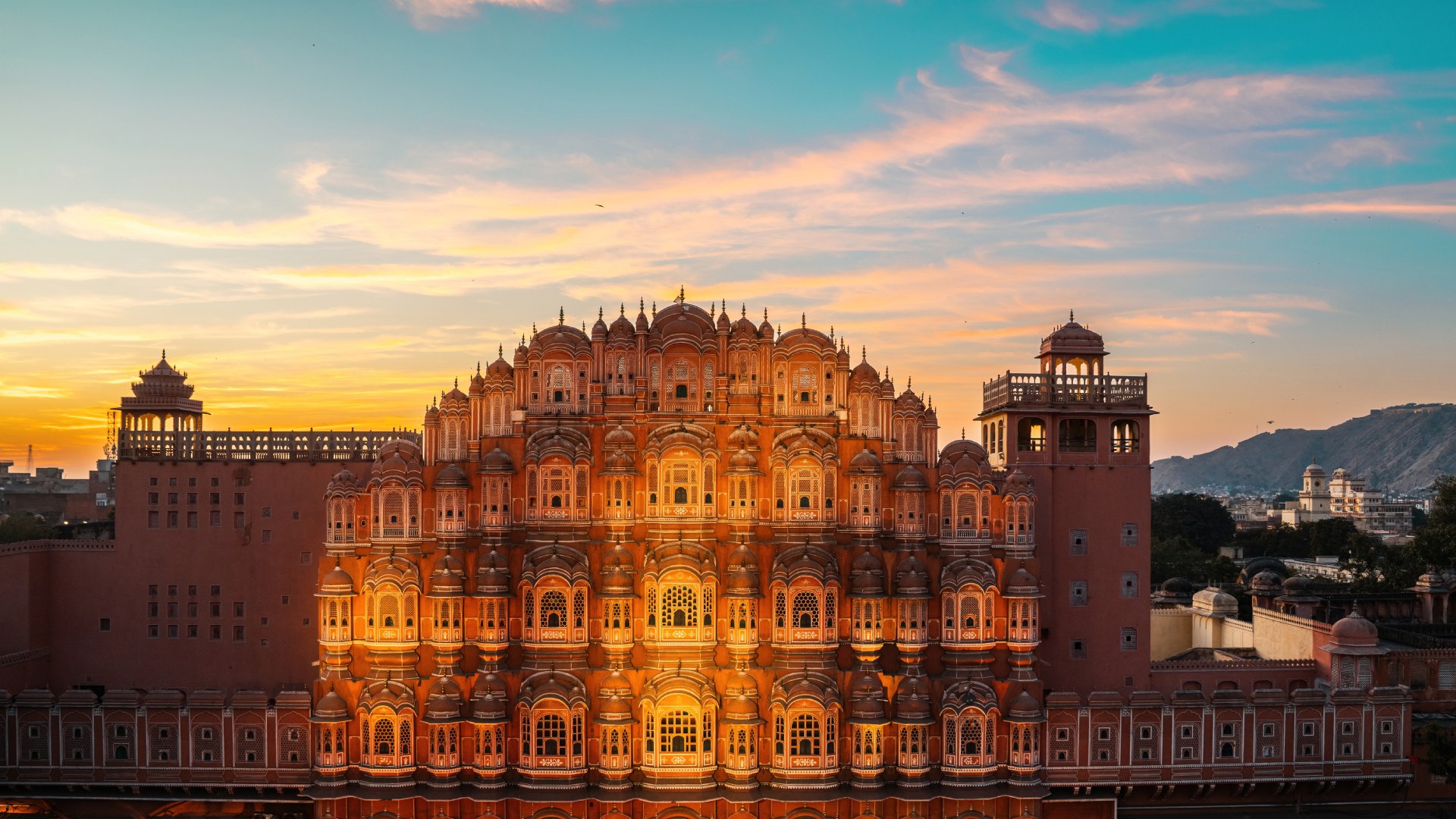
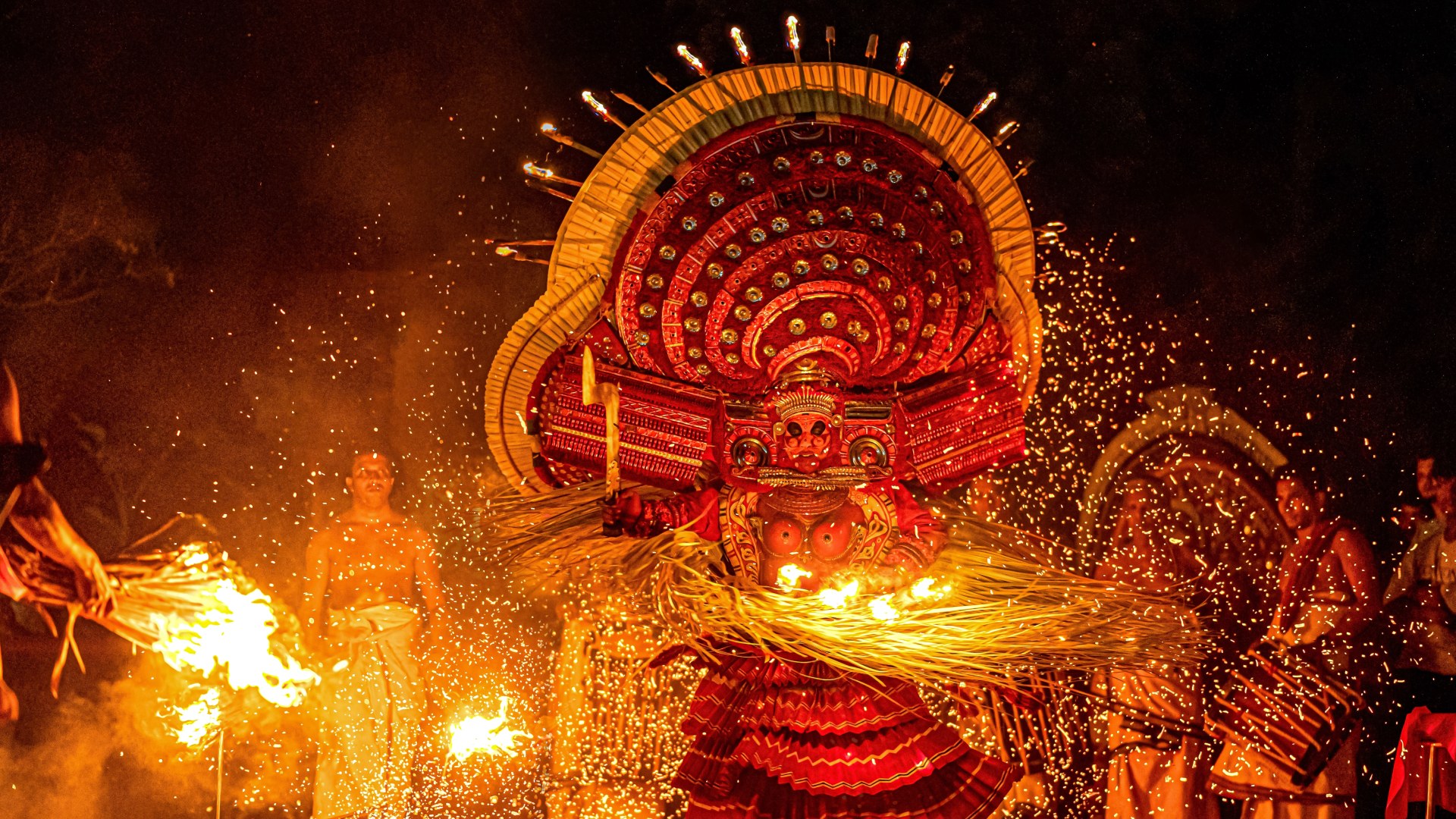
Hi Chef Joseph Congratulations
Thank you Mr Karuppannan, have you savoured any of Chef Joseph’s exquisite dishes?